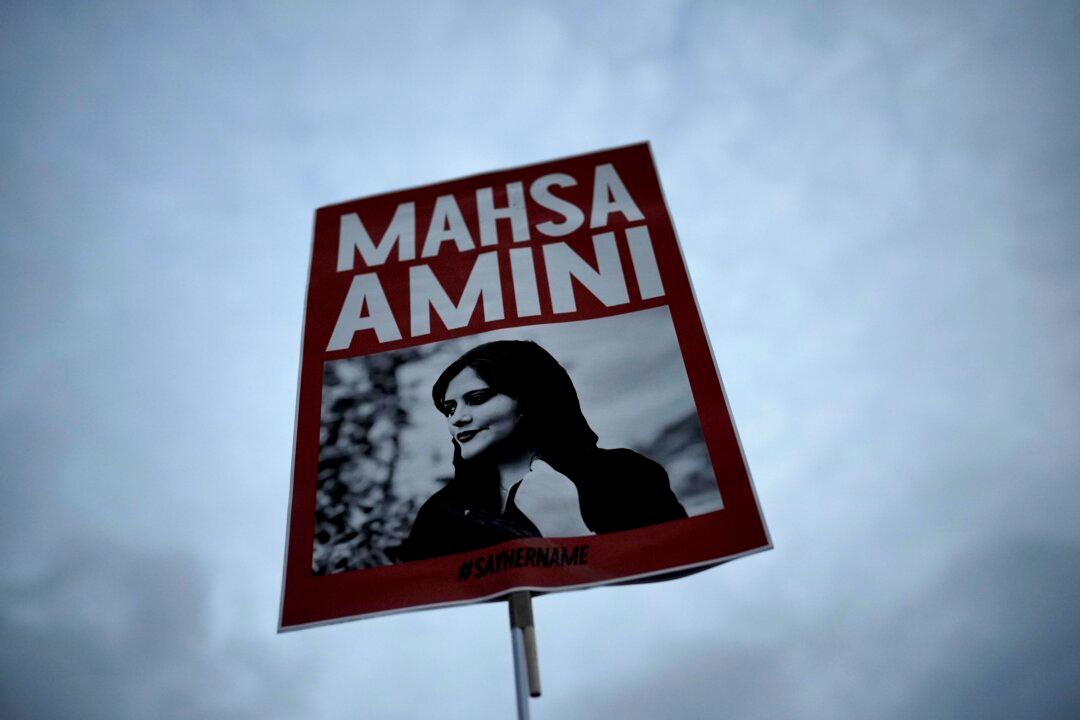The Australian government has extended its sanctions regime to include the four Iranian police officers allegedly responsible for the arrest, detention, and ill-treatment of Mahsa Amini.
Foreign Minister Penny Wong said in a media release that among those targeted by the government are four members of the Morality Police who were responsible for the arrest, detention and alleged ill-treatment of Mahsa ‘Jina’ Amini.




